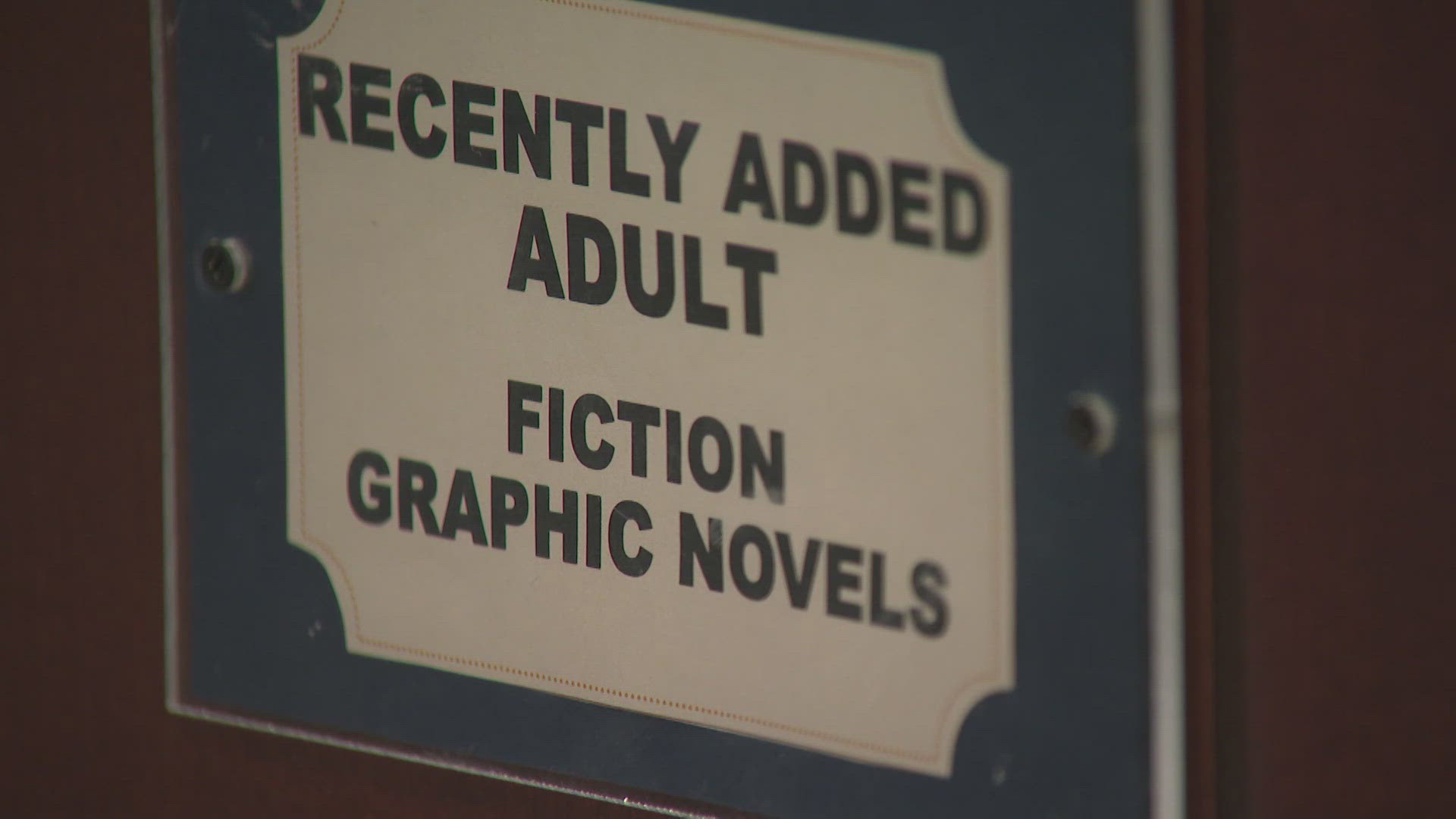MANASSAS, Va. (WUSA9) -- The Virginia senate will soon consider a bill which would allow the Commonwealth to execute condemned inmates with the electric chair, should the Department of Corrections not be able to provide the chemicals necessary for a lethal injection execution.
The measure, House Bill 815, passed the House of Delegates last week. It's sponsor, Del. Jackson Miller of Manassas, expects a tougher fight in the Senate, but is hopeful for its prospects, as a nationwide shortage in execution chemicals has moved the matter from the academic to the actionable.
In presenting the bill in the house, Miller made direct reference to the case of Ricky Gray, whose brutal torture and murder of a family of four in Richmond in 2006 shocked the commonwealth. Gray is scheduled for execution March 16th, but according to Miller, the department of corrections lacks the chemicals to carry out the sentence.
"Right now they do not have the pharmaceuticals necessary to execute Ricky Gray," Miller said in an interview Tuesday. "This does bring an urgency to the bill, because he's that special type of person that most people support the death penalty for."
Virginia is one of eight states which currently allow use of the electric chair to carry out the death penalty. In Virginia, a condemned person may choose the chair or lethal injection. The vast majority choose lethal injection, with the most recent execution by electrocution carried out in January of 2013.
Among those opposing Gray's execution – by any means – Is his attorney in a separate federal case about his treatment on death row.
"It's horrible. It's akin to stuff that you might read about what happened to people in Nazi concentration camps," attorney Victor Glasberg said. "When electrocution came in, it came in on the notion that it would be a quick and painless way of killing people. That's not how it works."
Glasberg points to the dissent in a 1985 Supreme Court case Glass vs. Louisiana to defend his opposition to the electric chair specifically. The dissent cites several cases of drawn out, painful executions in the chair.
Miller defended his bill, and the practice of execution by electrocution.
"I say the supreme court has ruled that it's not cruel and unusual punishment. It's not a violation of the 8th Amendment. And it's a very quick death," Miller said. "It's not cruel, it's not barbaric."
Like this story? Like us on Facebook.


